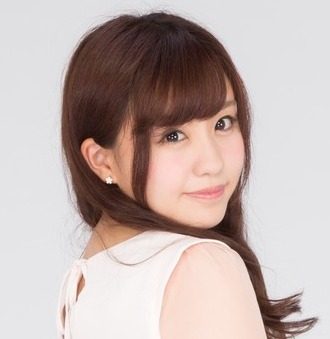Antonym:おなかがすく(onaka-ga-suku) vs. おなかがいっぱい(onaka-ga-ippai)
What is the difference between “おなかがすく(onaka-ga-suku) and おなかがいっぱい(onaka-ga-ippai)”? Which is used as the meaning of “I’m full”? After reading this, you would be answering this question. Let me introduce what their subtle differences are and how you correctly use them such as native speakers today!
おなかがすく(onaka-ga-suku)
I’m hungry. / 肚子饿 / 배가 고프다 / Đói
“おなかがすく(onaka-ga-suku)” means “I’m hungry.” and which has been used as the meaning of “wanting or needing food”. The basic ways to use it are that “___はおなかがすく。(___ am/is/are hungry.)”, etc. For instance, “私はおなかがすく。(I’m hungry.)”, “彼はおなかがすく。(He is hungry.)”, “彼女はおなかがすく。(She is hungry.)”, etc. Everyone could use “おなかがすく” as casual, polite and formal such as “おなかすいたよ。(I’m hungry.)” as casual and “おなかがすきました。(I’m hungry.)” as polite and formal. Kanji of “おなかがすく” is “お腹が空く”.
\ Learn Japanese language online with a personal native teacher!/
Sample
お腹空いたー! (I’m hungry!) (我饿了!) (배고파~!) (Đói bụng quá!)


お腹が空いてきました。 (I’m getting hungry.) (我很饿。) (배가 고파졌습니다.) (Tôi đã đói bụng rồi.)


お腹空いてますか? (Are you hungry?) (你饿了吗?) (배고픕니까?) (Bạn có đói không?)


さっき食べたのにもうお腹すいてきたよ。 (Even though I just ate, I’m already becoming hungry.) (其实我刚吃完饭,结果现在又饿了。) (조금 전에 먹었는데 벌써 배고파졌어.) (Tôi đã ăn lúc nãy rồi vậy mà giờ đã đói rồi.)
おなかがいっぱい (onaka-ga-ippai)
I’m full. / 肚子饱 / 배가 부르다 / No
“おなかがいっぱい(onaka-ga-ippai)” means “I’m full.” and which has been used as the meaning of “after a big meal”. The basic ways to use it are that “___はおなかがいっぱい。(___ am/is/are full.)”, etc. For instance, “私はおなかがいっぱい。(I’m full.)”, “彼はおなかがいっぱい。(He is full.)”, “彼女はおなかがいっぱい。(She is full.)”, etc. Everyone could use “おなかがいっぱい” as casual, polite and formal such as “おなかいっぱいだよ。(I’m full.)” as casual and “おなかがいっぱいです。(I’m full.)” as polite and formal. Kanji of “おなかがいっぱい” is “お腹がいっぱい”.
Sample


お腹いっぱいー! (I’m full!) (我吃饱了!) (배불러!) (No quá!)


お腹がいっぱいになってきました。 (I’m getting full.) (我已经吃饱了。) (배가 부릅니다.) (Tôi đã no rồi.)


お腹いっぱいですか? (Are you full?) (你吃饱了吗?) (배가 부릅니까?) (Bạn no chưa?)


さっき食べたからお腹いっぱいだよ。 (I ate a while ago so I’m full.) (我刚吃完饭,现在很饱。) (아까 먹어서 배불러.) (Vì tôi đã ăn lúc nãy rồi nên tôi no rồi.)
\ Learn more! /









Comments